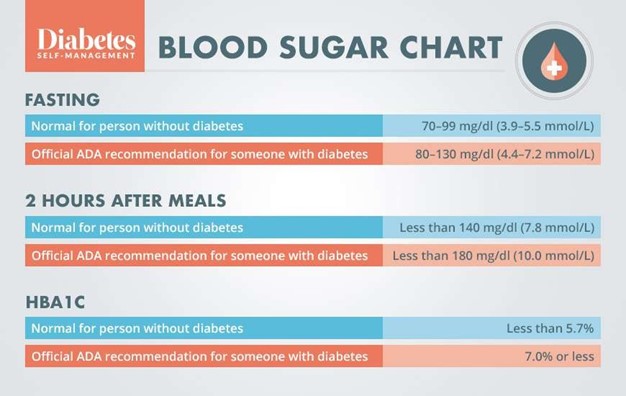A nurse is reinforcing teaching with a newly licensed nurse about delegating tasks to assistive personnel (AP).
Which of the following task-specific information should the nurse identify as a contraindication to delegating a task to an AP?
The task involves making ongoing judgments about client data.
The task is within the AP’s range of function to perform.
The task can be performed in the same manner for most clients.
The task requires a specific sequence of steps.
The Correct Answer is A
The task involves making ongoing judgments about client data. This is a contraindication to delegating a task to an AP because the AP is not trained or authorized to make clinical decisions or assessments. The nurse is responsible for evaluating the client’s condition and needs, and delegating only tasks that are within the AP’s scope of practice and do not require critical thinking.
Choice B is wrong because the task is within the AP’s range of function to perform.
This is a criterion for delegating a task to an AP, not a contraindication. The nurse should ensure that the AP has the necessary skills and knowledge to perform the task safely and effectively.
Choice C is wrong because the task can be performed in the same manner for most clients.
This is also a criterion for delegating a task to an AP, not a contraindication. The nurse should delegate tasks that are routine, standardized, and have predictable outcomes.
Choice D is wrong because the task requires a specific sequence of steps.
This is not a contraindication to delegating a task to an AP, as long as the AP is competent and familiar with the procedure. The nurse should provide clear instructions and expectations for the task, and monitor the AP’s performance.
Nursing Test Bank
Naxlex Comprehensive Predictor Exams
Related Questions
Correct Answer is C
Explanation
Collaborate with the client to develop a daily physical exercise routine. This intervention can help reduce aggression and impulsivity in schizophrenia by providing an outlet for frustration, enhancing self-esteem, and improving mood. Physical exercise can also improve physical health and reduce the risk of metabolic syndrome associated with antipsychotic medications.
Choice A is wrong because warning the client that the staff will use seclusion as a consequence if there are repeated reports of hallucination is punitive and threatening. This can increase the client’s anxiety, paranoia, and hostility, and may worsen the psychotic symptoms. Seclusion should only be used as a last resort when the client poses a serious danger to self or others, and not as a punishment or coercion.
Choice B is wrong because keeping the facility’s security personnel constantly visible to the client throughout treatment is intimidating and stigmatizing. This can also increase the client’s fear, distrust, and resentment, and may trigger aggressive behavior. Security personnel should only be involved when there is an imminent risk of violence, and not as a routine measure.
Choice D is wrong because agreeing that the hallucinations are real if the client exhibits aggressive behavior toward other clients is reinforcing the delusional belief and rewarding the aggression. This can also confuse the client and undermine the therapeutic relationship.
The nurse should acknowledge the client’s experience of hallucinations, but not endorse them as reality. The nurse should also set clear limits on aggressive behavior and use de-escalation techniques to calm the client.
Correct Answer is C
Explanation
Blood glucose 130 mg/dL.
This is because the normal range of blood glucose for pregnant women is 70 - 110 mg/dL .

A blood glucose level of 130 mg/dL indicates gestational diabetes, which can have adverse effects on the mother and the fetus.
The nurse should report this finding to the provider and initiate interventions such as dietary counseling, glucose monitoring, and insulin therapy if needed.
Choice A is wrong because WBC 7,000/mm³ is within the normal range for pregnant women, which is 4,500 to 10,000 cells/mcL .
A low WBC count would indicate an increased risk of infection, while a high WBC count would indicate inflammation or infection.
Choice B is wrong because hemoglobin 13 g/dL is within the normal range for pregnant women, which is 11 to 14 g/dL .
A low hemoglobin level would indicate anemia, while a high hemoglobin level would indicate dehydration or polycythemia.
Choice D is wrong because RBC 5.8 million/mm³ is within the normal range for pregnant women, which is 4.2 to 5.9 million/mm³ .
A low RBC count would indicate anemia or hemorrhage, while a high RBC count would indicate dehydration or polycythemia.
Whether you are a student looking to ace your exams or a practicing nurse seeking to enhance your expertise , our nursing education contents will empower you with the confidence and competence to make a difference in the lives of patients and become a respected leader in the healthcare field.
Visit Naxlex, invest in your future and unlock endless possibilities with our unparalleled nursing education contents today
Report Wrong Answer on the Current Question
Do you disagree with the answer? If yes, what is your expected answer? Explain.
Kindly be descriptive with the issue you are facing.
